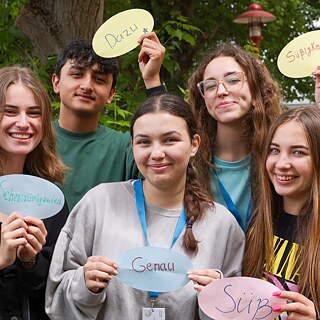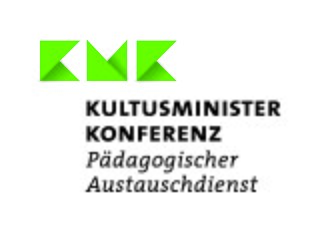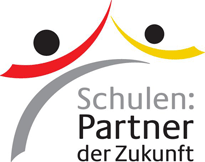PASCH Initiative
Schools: Partners for the Future
Facts and Figures
was the year of the initial launch of the initiative and the Goethe-Institut started to cooperate with the first PASCH schools.
countries would be part of the itinerary for a journey to all of the more than 700 PASCH schools currently cooperating with the Goethe-Institut.
PASCH pupils learn German at the schools currently cooperating with the Goethe-Institut.
pupils worldwide were awarded a scholarship to join one of the PASCH youth camps since 2008.
PASCH partners
PASCH is coordinated by the Federal Foreign Office and implemented in cooperation with the Central Agency for Schools Abroad (ZfA), the Goethe-Institut, the German Academic Exchange Service (DAAD) and the Educational Exchange Service (PAD) of the Standing Conference of the Ministers of Education and Cultural Affairs of the Länder in the Federal Republic of Germany.









